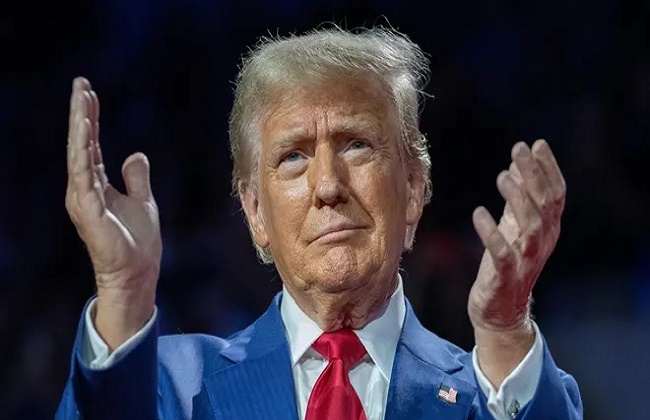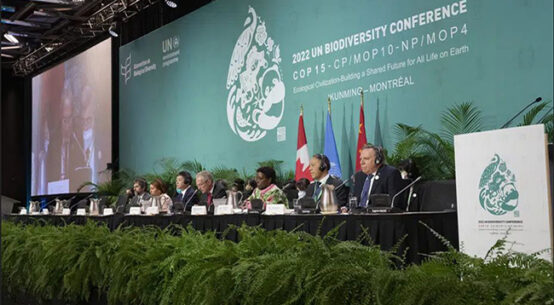
Donald Trump on Saturday signaled his backing for a ballot initiative that would legalize recreational marijuana use in Florida, where he resides.
“Whether people like it or not,” the Republican presidential candidate said on his Truth Social platform, “this will happen.”
The decriminalization of marijuana is widely supported across the country. Three-quarters of Americans live in states where marijuana is legal for recreational and medical use, or medical use only.
Polls show support is particularly strong among younger people, a demographic that has shifted significantly toward Trump’s rival Kamala Harris since she became the Democratic candidate for president.
The initiative in Florida, to be on the ballot in November when Americans are voting for their next president, is opposed by Governor Ron DeSantis and some other state Republicans.
“The proposed amendment would turn Florida into San Francisco or Chicago,” DeSantis said earlier this summer, noting that his state already allows medicinal marijuana. “We got to keep our streets clean.”
Trump described his support as a matter of fairness across state borders, and of the disproportional impact arrest can have on people’s lives.
“Someone should not be a criminal in Florida, when this is legal in so many other States,” Trump said in his post.
“We do not need to ruin lives & waste Taxpayer Dollars arresting adults with personal amounts of it on them.”
At the same time, he urged the adoption of laws against public cannabis use “so we do not smell marijuana everywhere we go, like we do in many of the Democrat run Cities.”
During his victorious 2016 presidential campaign, Trump adopted a position of tolerance on the subject, repeatedly saying he would leave the matter to local authorities.
Once in the White House, he said little about it but lent support to some of the hard-line law-and-order positions of his first attorney general, Jeff Sessions.
The previous US administration, under Democratic president Barack Obama, had followed a federal policy of tolerance.
But in 2018 Sessions rescinded that policy, giving local prosecutors greater latitude to crack down on pot growth, sales and possession. Most of them, however, did not do so.
In May, the US Justice Department announced plans to reclassify marijuana as a less dangerous drug.


